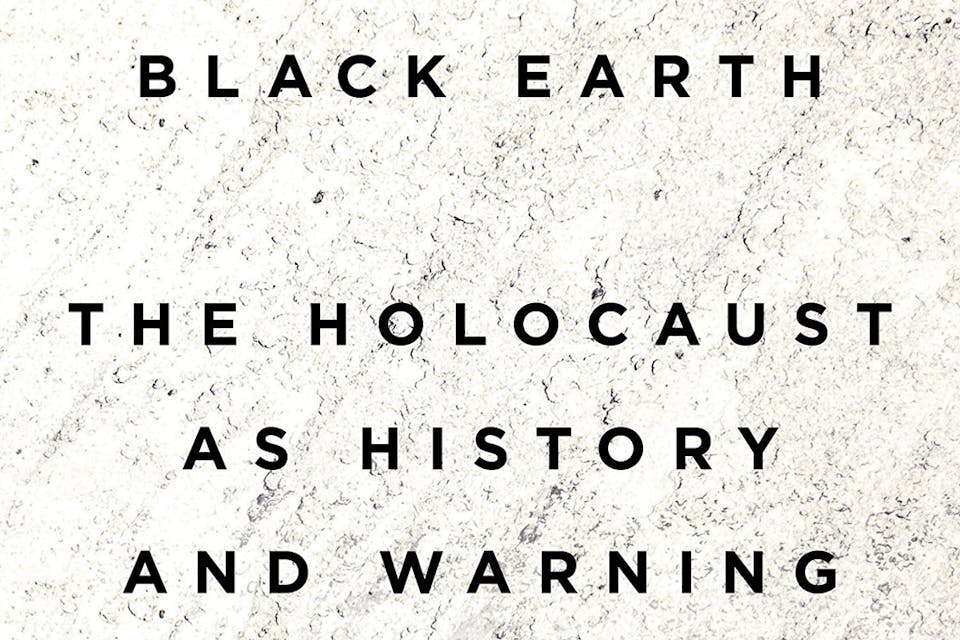
November 4, 2015
Timothy Snyder: The Newton of the Holocaust?
The Yale historian's much-lauded new book promises a revolutionary view of the Holocaust. But it misleads more than it enlightens.
No author of books on Eastern Europe during the period of World War II and the Holocaust has been more widely reviewed and discussed in recent years than Timothy Snyder, a professor of history at Yale. In Bloodlands (2010), Snyder presented what might be termed a Polish-Ukrainian version of the Holocaust, highlighting the brutality of Nazi rule over the countries of Eastern Europe—the “bloodlands” between Germany and Soviet Russia—and the horrific toll in lives, especially Polish lives, taken by the two battling powers.
Now, in Black Earth: The Holocaust as History and Warning, Snyder deals mostly with the mass murder of Jews, ascribing greater responsibility than have other historians to the early work of the Nazi SS killing squads (Einsatzgruppen) operating in occupied Eastern Europe, but also memorializing those who helped to save Jewish lives in Poland after the 1939 invasion and partition of that country by the twin forces of Nazi Germany and the USSR. Indeed, the book, which is based to a considerable extent on the stories of individual survivors, centers like the previous one mainly on Poland, and to a lesser extent on the three Baltic states. There is little here on the fate of Jewish communities in other European countries, most of whom were transported to their deaths in Poland. Nor, despite its subtitle—“The Holocaust as History and Warning”—is Black Earth properly seen as another history of the Holocaust. It is instead a new interpretation, and one with some startling arguments to advance.
The reception given to both of Snyder’s books has generally been rapturous, if more so in the United States than in Europe, and more so in some circles than in others. They have been called epic, haunting, brilliant, profoundly original, groundbreaking, provocative, erudite, challenging, unforgettable—exhausting the thesaurus. Most of those cheering, however, are not historians who have specialized in the study of Nazism, Eastern Europe, or the Holocaust. Within that more select group, a number have entered serious reservations and criticisms of Snyder’s work, and some have voiced harsher and more heated judgments; a harvest can be found at the website Defending History.